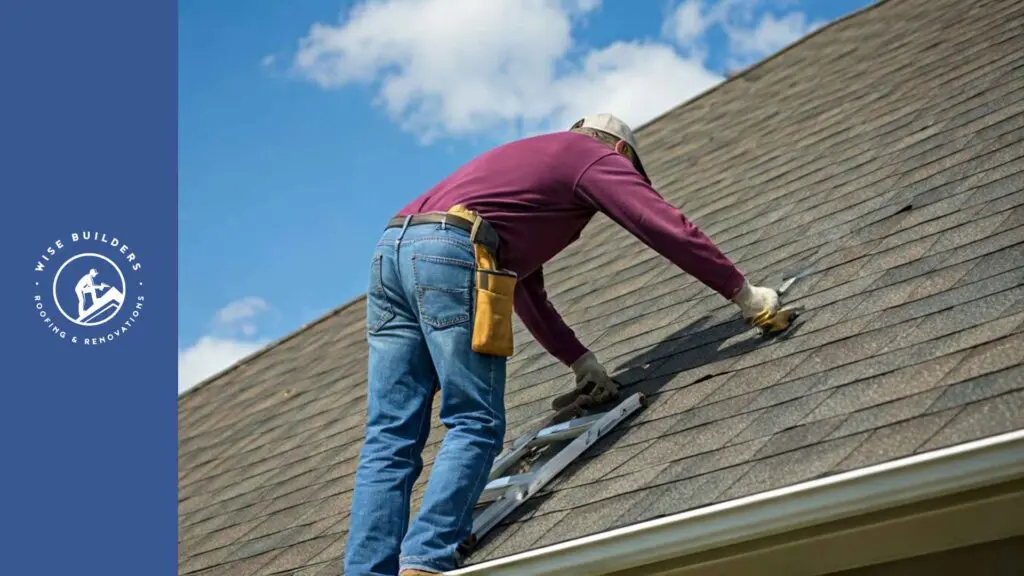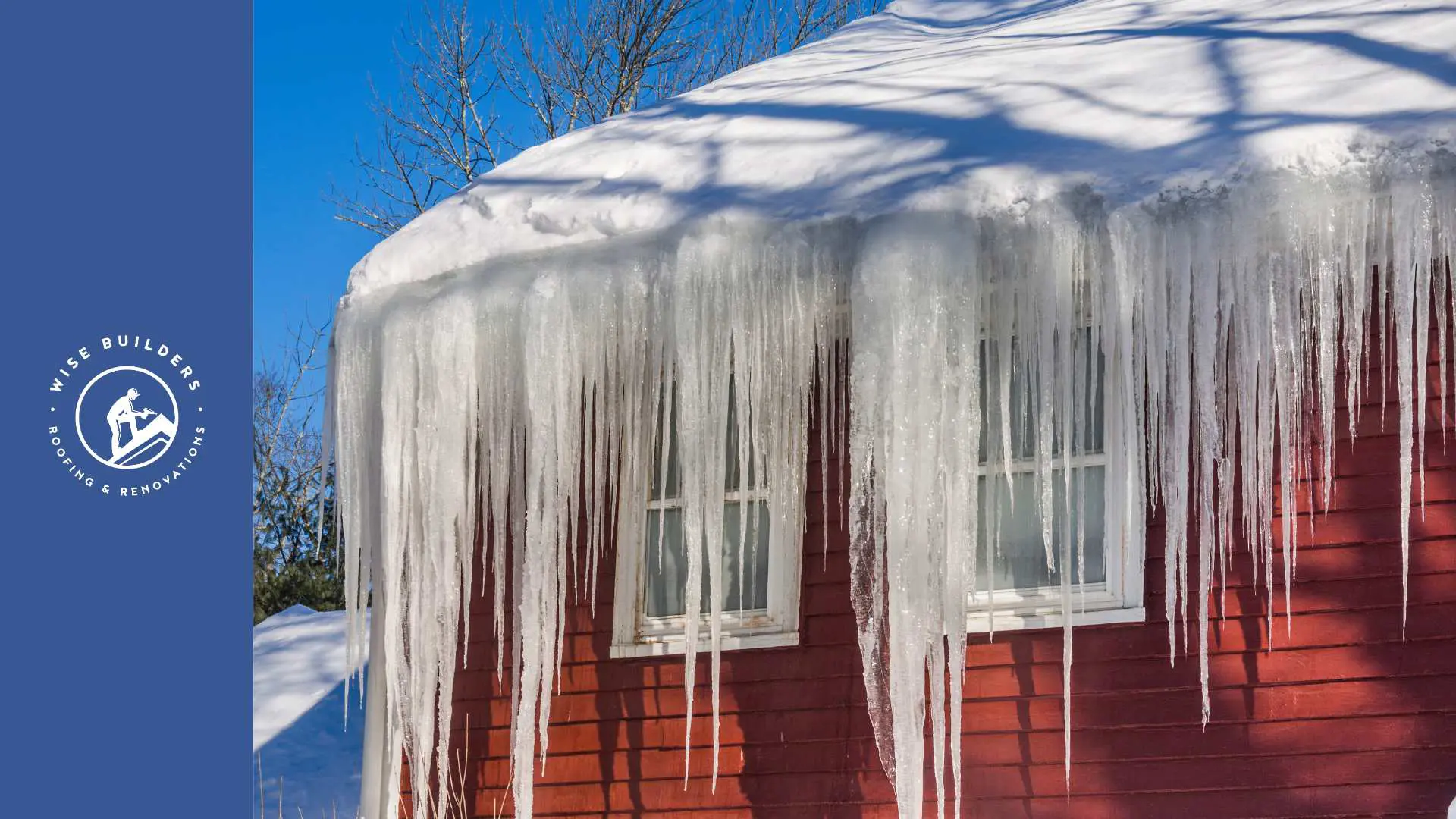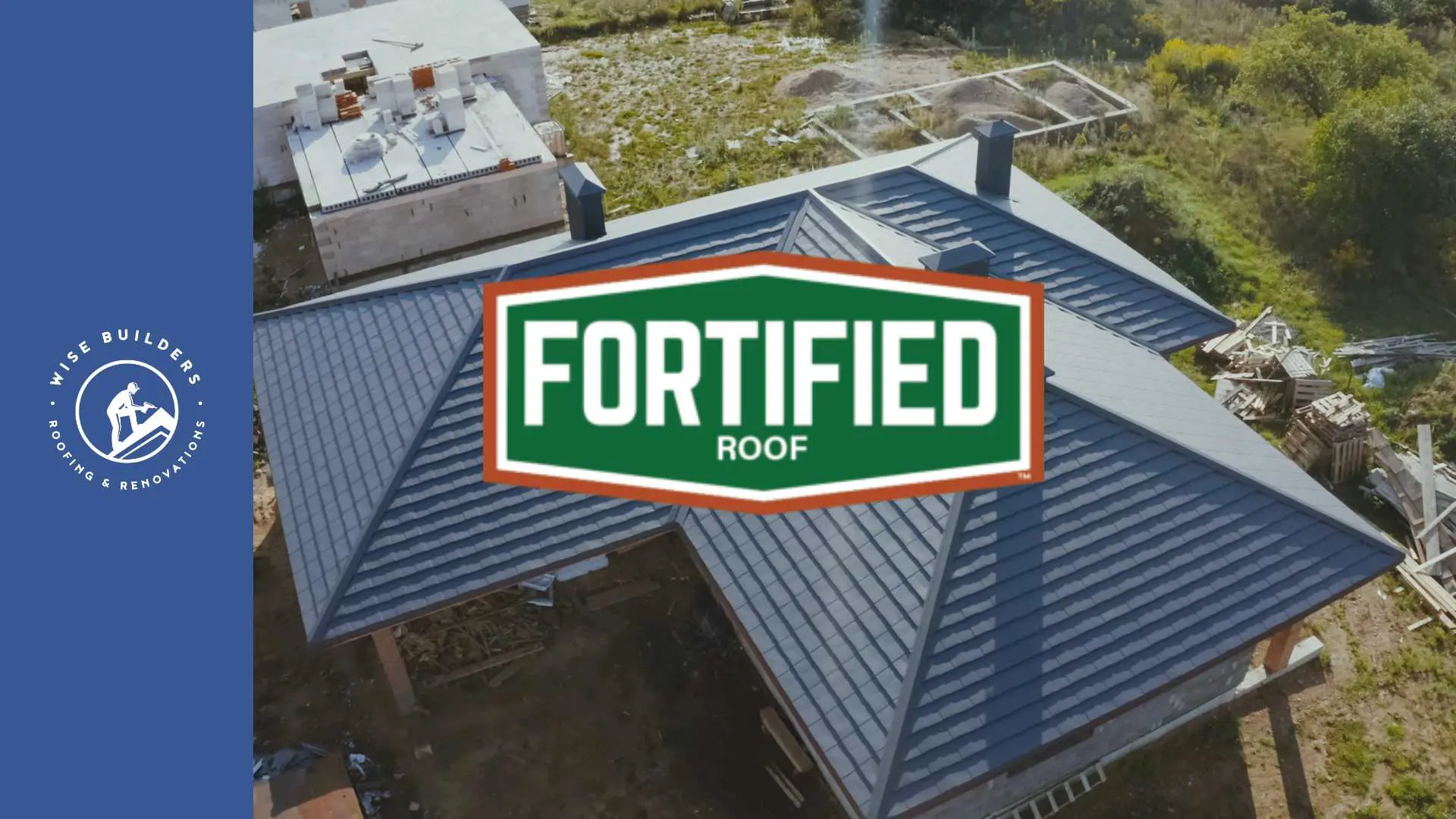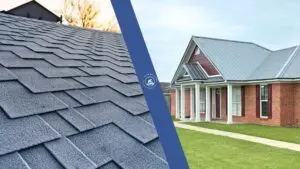
Key Highlights
- Choosing a roofing contractor is a crucial decision for homeowners.
- Asking the right questions ensures you hire a reputable and trustworthy professional.
- Verifying licensing, insurance, and bonding protects you from liability.
- Understanding warranties on materials and workmanship is essential.
- Checking references and manufacturer certifications ensures quality work.
Introduction

Essential Questions to Inquire Before Hiring Your Roofer

1. What are your local credentials and company history?
When hiring a roofing contractor, it’s essential to inquire about their local credentials and company history. Start by asking about their years of experience serving your community and their track record with local projects. It’s crucial to verify their adherence to all necessary local building code requirements, codes, and regulations to ensure compliance with building standards. Don’t hesitate to request their license number and cross-reference it with your local municipality or state licensing board for validation. Additionally, inquiring about their membership in reputable organizations, such as the Better Business Bureau, can provide insights into their commitment to ethical business practices and customer satisfaction.
2. Can you provide proof of insurance and licenses?
A reputable roofing contractor should readily provide you with proof of their insurance and licenses. Insurance is particularly important as it safeguards both you and the contractor in case of accidents or damage during the project. Request to see their certificates of insurance, which should include liability insurance to cover any property damage or injuries that might occur, as well as workman’s compensation insurance to protect their workers. Additionally, ask for their contractor’s license number to verify their credentials and ensure they are authorized to perform roofing work in your area. Obtaining these documents in advance gives you peace of mind that you are working with a responsible and reliable contractor.
3. What warranties do you offer on workmanship?
When evaluating a roofing contractor, be sure to inquire about the roof warranties they provide for their workmanship. A reputable contractor will confidently stand behind their work and offer a solid warranty to demonstrate their commitment to quality. A workmanship warranty covers any defects or issues that may arise due to improper installation techniques. It’s crucial to understand the duration of the warranty and what specific aspects of the project it covers. Ideally, look for warranties that extend for several years, indicating the contractor’s confidence in their abilities. A written estimate that clearly outlines the warranty terms and conditions should always be provided and reviewed carefully.
4. Do you have manufacturer certifications?
In addition to general contractor licensing, inquiring about manufacturer certifications is an important step in your roofing contractor checklist. By holding certifications from reputable manufacturers, roofing contractors demonstrate specialized knowledge and expertise in installing specific products. These certifications indicate that the contractor has undergone rigorous training and met the manufacturer’s quality standards. Ask potential roofing contractors about any certifications they hold and which manufacturers they are certified with. Manufacturer certifications can provide added peace of mind, as they often come with extended warranty coverage for materials, protecting your investment for years to come.
5. How do you ensure property protection during the project?
During roof installation or replacement, it’s important to discuss property protection with your contractor. A professional roofing company takes extensive measures to safeguard your home and surroundings during the process, including the roof deck. Inquire about how the contractor plans to protect your landscaping, gutters, and any other vulnerable areas from debris and potential damage. Ask about their procedures for collecting and disposing of old roofing materials, ensuring responsible waste management practices. A meticulous roofing contractor will go the extra mile by covering plants, using plywood to protect surfaces, and employing magnetic sweepers to gather any stray nails after the job is completed. By confirming these precautions, you can have confidence that your property will be well-protected throughout the roofing project.
6. Could you share references from recent roofing projects?
One of the most effective ways to gauge a roofing contractor’s reliability and workmanship is to seek references from their recent roofing projects or replacement projects. Request a list of references from projects similar to yours completed in the past few months. Reach out to these homeowners and inquire about their overall satisfaction with the contractor’s communication, professionalism, and the quality of the finished roof. Talking to previous clients can provide invaluable firsthand insights into the contractor’s work ethic and their ability to meet deadlines and address any unexpected issues. Their experiences will offer you valuable perspectives and help you determine if the contractor’s work aligns with your expectations and standards. Choosing the right roofer is an important decision, and gathering references is a step towards making the right choice.
Conclusion
In conclusion, the key to a successful roofing project lies in asking the right questions before hiring a roofer. From verifying credentials and insurance to understanding warranties and property protection measures, thorough inquiries can save you from potential headaches down the line. Additionally, effective communication, handling unexpected repairs, weather delays, chimney repairs, and payment structures are additionalimportant factors to consider for a seamless roofing experience. Prioritize due diligence, and don’t hesitate to seek references and past project examples for peace of mind. By being proactive in your questioning, you set the stage for a successful roofing partnership. If you’re ready to find a reliable roofer, use these essential questions as a guide.
At Wise Builders, We ensure our clients receive the best possible outcomes. Our commitment to quality workmanship and customer satisfaction is unwavering, making us the top choice for residential Roofing services in our community.
Frequently Asked Questions
What should I expect in terms of communication throughout the project?
A reputable roofer prioritizes clear communication. They will keep you informed about project updates, address any concerns, and ensure you’re informed throughout the process, giving you peace of mind.
How do you handle unexpected repairs or issues that arise?
A reliable roofing contractor will have a clear plan for addressing unexpected issues. These professionals should be transparent about any necessary repairs not included in the initial estimate and work with you to find solutions promptly. The last thing a homeowner needs is a surprise when it comes to unexpected repairs.
What is your policy on project delays due to weather?
Weather can be unpredictable, and delays might occur. A professional roofing contractor will have a clear policy outlining procedures for handling weather-related delays, ensuring timely communication and revised schedules to minimize disruptions. This transparency can give homeowners peace of mind.
How does payment structure work for roofing projects?
Before commencing the project, discuss the payment terms. Reputable roofers provide transparent payment structures, often outlining milestones and corresponding payments. They may also offer financing options if needed. Always obtain a written estimate detailing the payment schedule for clarity and to avoid surprises.








